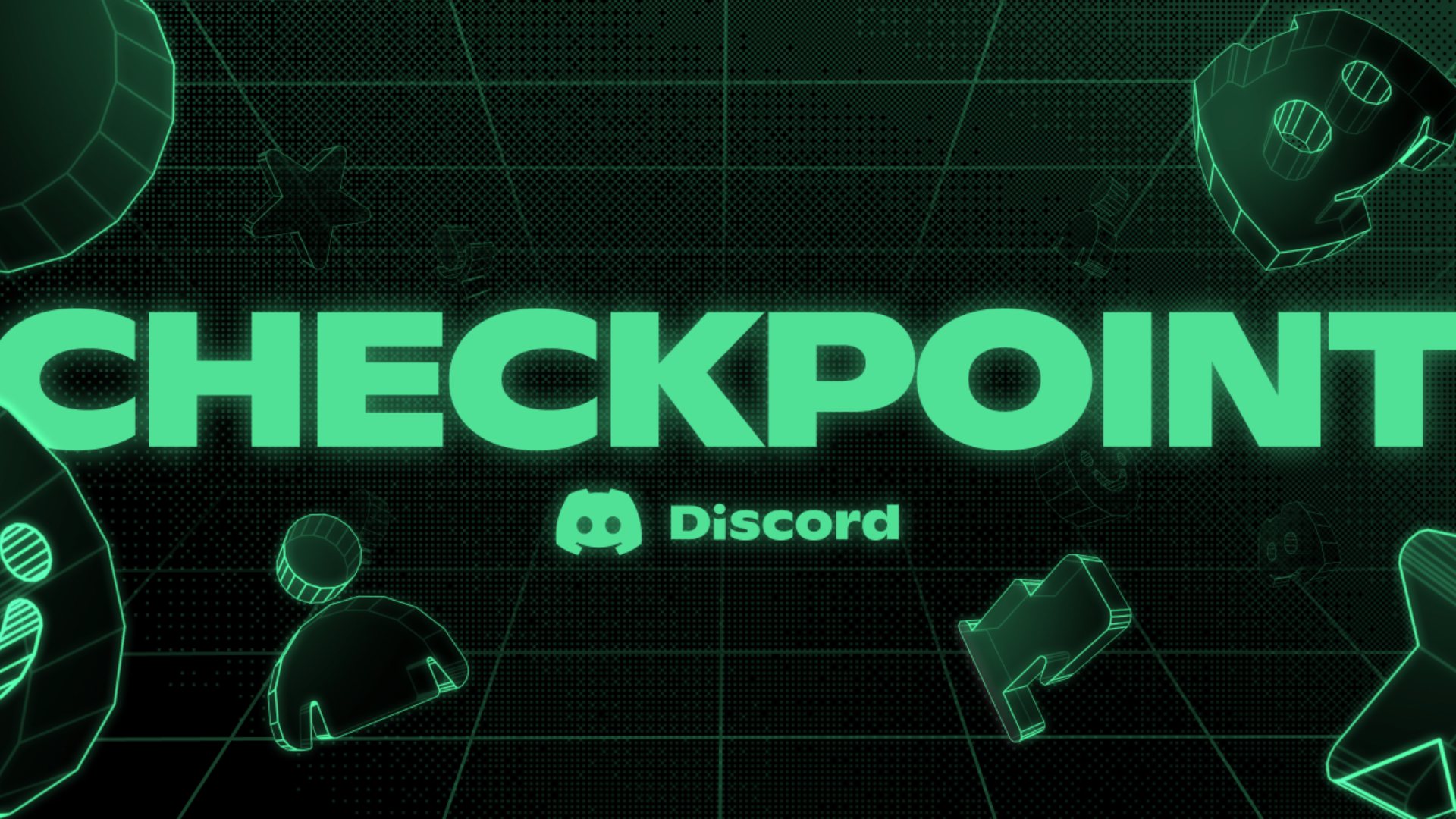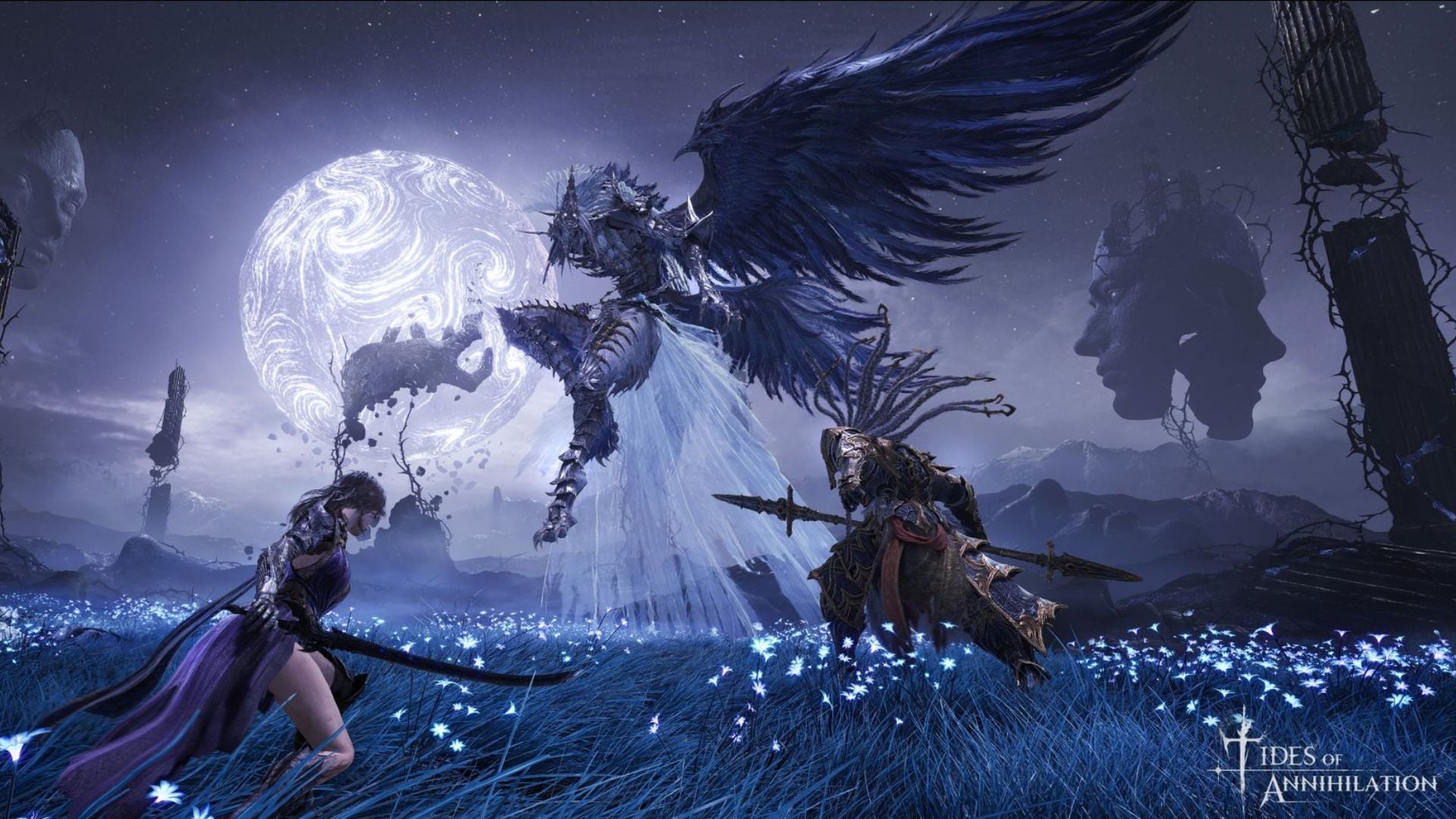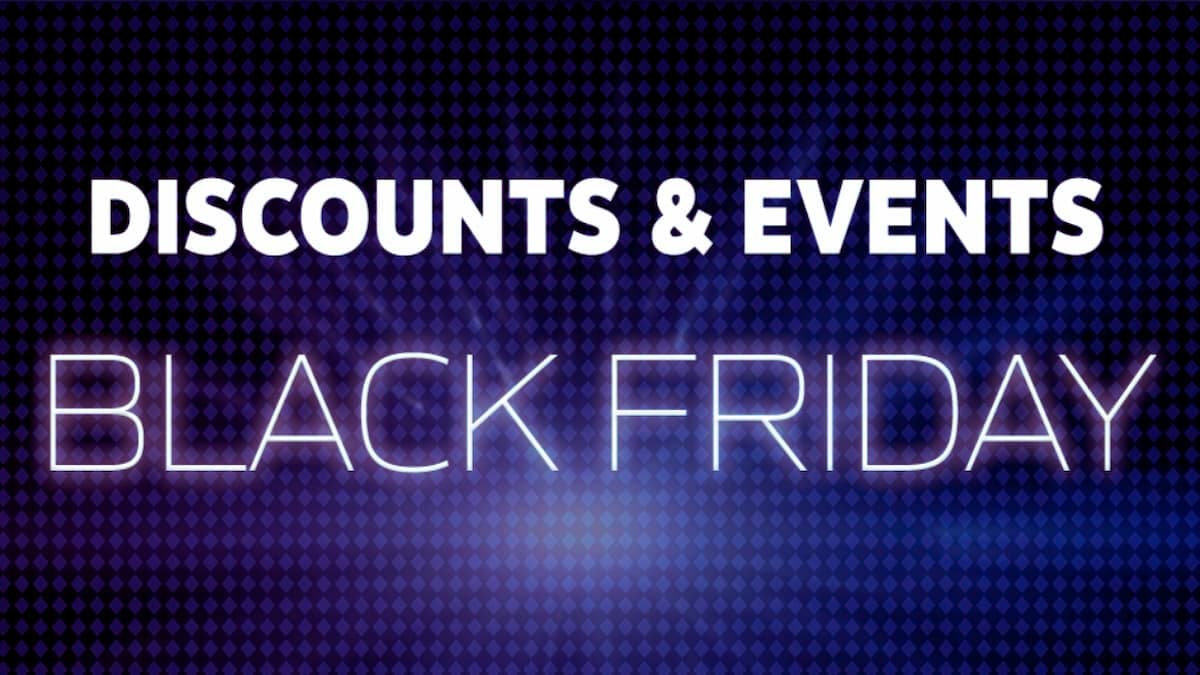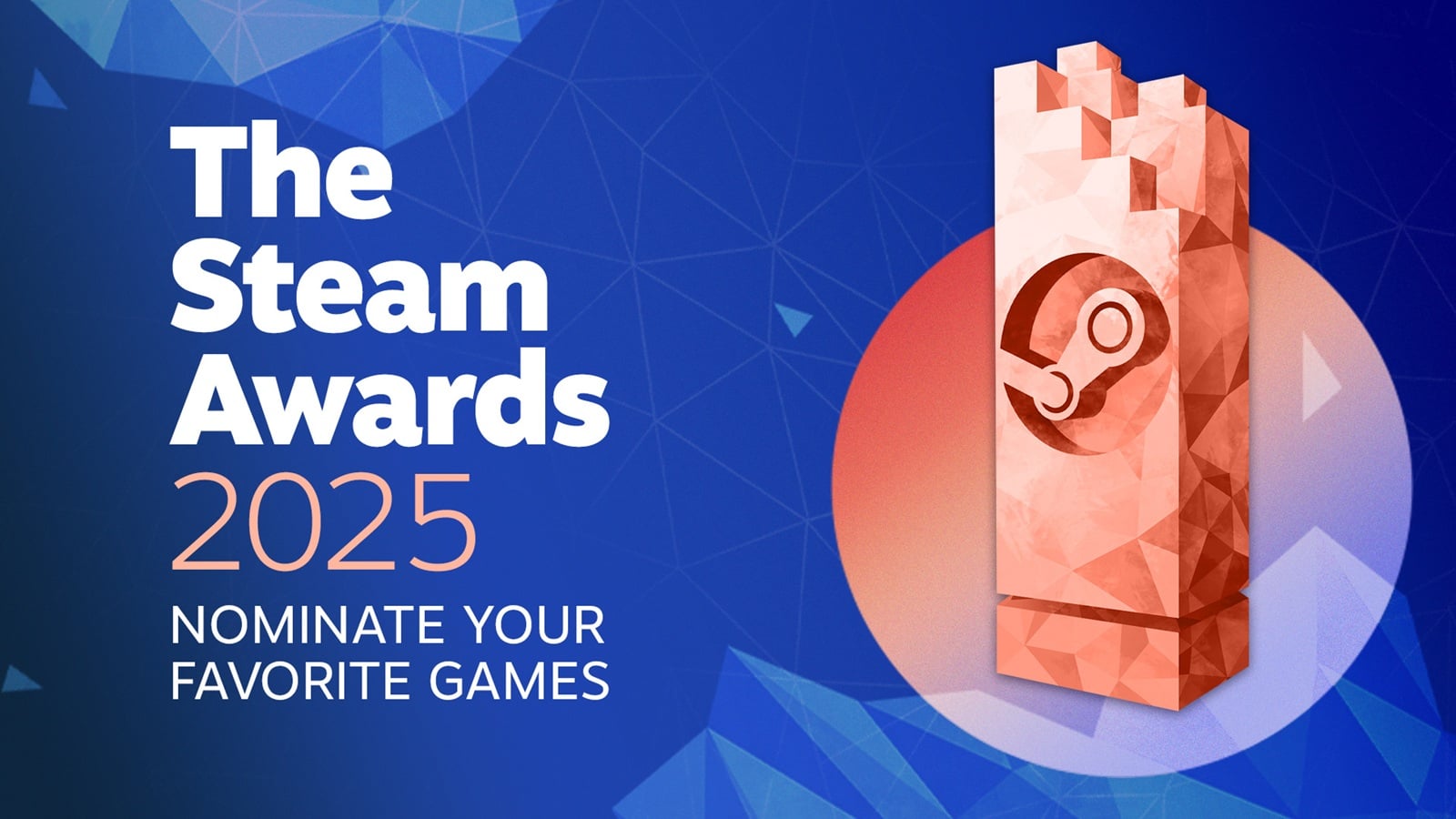It’s often taken as a truism that confidence is essential in sports. But new research is beginning to back up this idea with real data. Self-belief is a powerful predictor for success in competitive gaming, according to a recent study published in Psychology of Sport and Exercise.
Participants in the study, 82 men between the ages of 18 and 32, competed in CS:GO to kill expert-level bots faster than their competitors.
Maciej Behnke, manager of the Psychophysiology and Health Lab at Adam Mickiewicz University in Poznań, Poland, says that the use of bots was to “limit the influence of external factors” on player performance. The winners of the competition were offered a cash prize so it more closely represented the pressures and motivations of an esports event.
Players were asked to measure their skills versus those of their competitors using a “seven-point scale ranging from one (‘extremely low skills’) to seven (‘extremely high skills’),” according to the study. Players were given evaluations of their performance after each round of play and researchers told some players that they scored worse or better than they actually did.
Behnke says that by using this approach, they “managed to change the way players evaluated themselves, but this change did not affect their performance.” While players would report their skills differently based on how researchers told them they performed, their actual performance most closely reflected their initial judgment of their own abilities.
This conclusion was supported by another study performed by Behnke and co. on FIFA players, which used a similar format with 241 male players.
This study was focused on the impact of pre-match emotions on performance and players were shown videos before each of five rounds that stimulated “amusement, anger, sadness or enthusiasm,” according to Behnke.
Negative emotions like anger were unhelpful, according to Behnke, but the positive emotions “increased the motivation of players” and pushed them to achieve better scores. “Gamers might be interested in what helps them to perform better,” Behnke said of the results.
Lukasz Kaczmarek, Behnke’s scientific supervisor and a collaborator in esports research, says that this connection between positive emotions and motivation in competitive gamers might be surprising to some.
“Most individuals (including researchers) who are not familiar with esports and gaming might believe that gaming is driven by blood-thirst, violence, anger… and all sorts of other ominous motivations,” Kaczmarek said. “That is not true.”
Behnke said the researchers are trying to expand the scope of esports research. “The field is full of studies examining the ‘dark side’ of gaming, but we must not forget about the positive aspects of playing,” he said.
Behnke and Kaczmarek’s research has opened the door to the use of esports in studying other fields, according to the two researchers.
“The game itself is a context and environment in which we can comfortably observe a person at the highest level of performance,” Kaczmarek said. “This makes the results of our research interesting not only for gamers but also for researchers in the field of emotions, psychophysiology, and social psychology.”












Published: Dec 20, 2019 12:48 pm